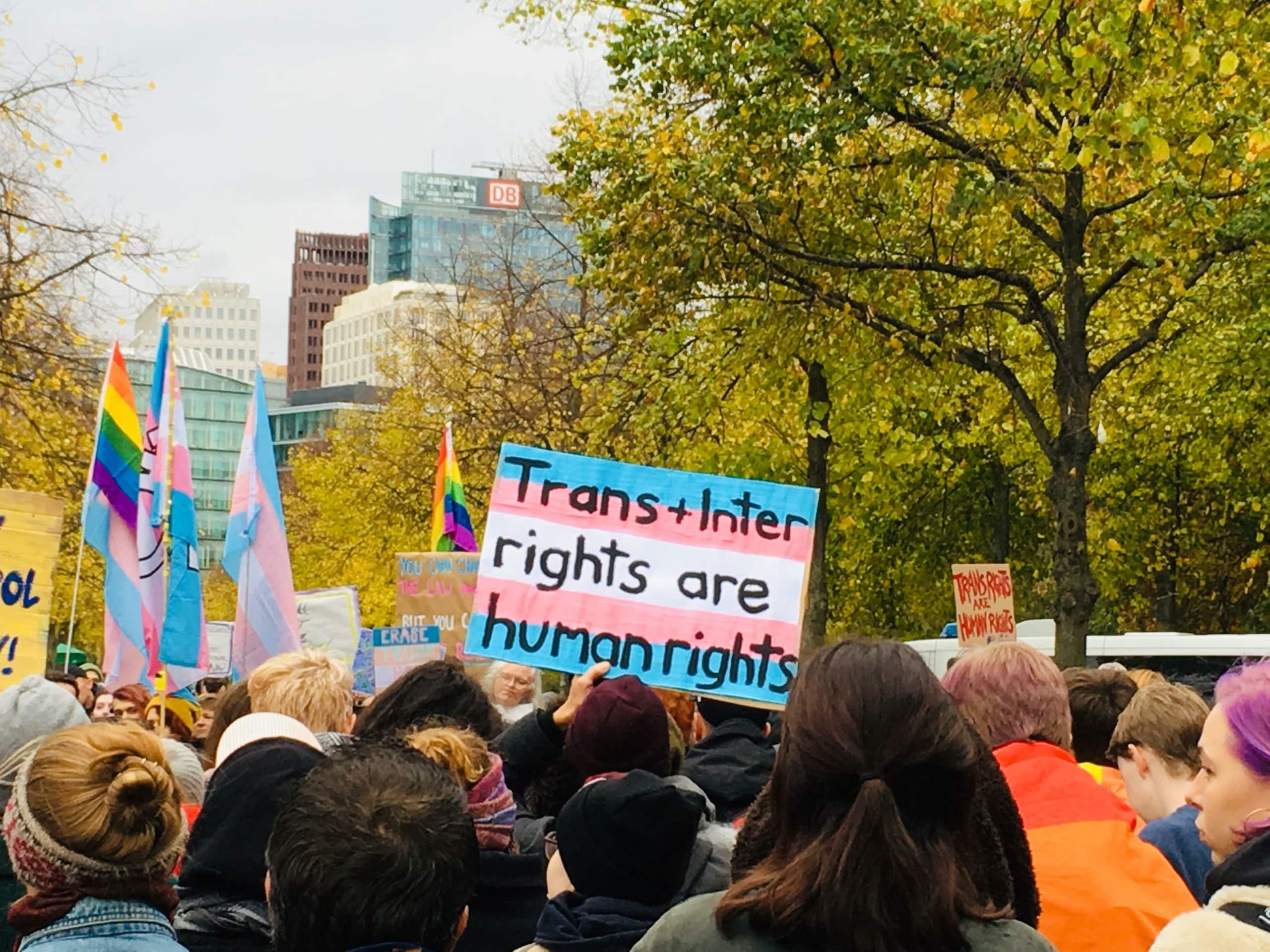Dutch government compensates victims of forced operations

The Dutch government recently apologised to transgender people who were forcibly sterilised in the past.
The background to this is a law from the 1980s that forced transsexuals to take this step if they wanted their sexual orientation to be recognised. Accordingly, those affected could only gain legal recognition by fulfilling the corresponding requirements.
In addition to the aforementioned sterilisation, a psychological report also had to be prepared.
How should the victims be compensated?
Particularly interesting: although the Position of queers in the country has improved significantly over the last few years, the law was only completely abolished in 2014. But: the people who actually had to undergo an operation at that time, at least physically, no longer benefit from this. Now they are to be compensated with 5,000 euros each.
From a psychological point of view, however, it is not only the financial factor that plays an important role, but also the apology associated with it.
After all, this is an - albeit belated - admission of guilt and proof that the current government in the Netherlands is at least trying to make amends for what happened - even if, of course, this will never be 100% successful for many reasons.
On the situation in Germany
The Netherlands was not alone in its view around forced sterilisations for transsexual people. For a long period of time, Germany was also of the opinion that people who were born in the wrong body had to undergo an operation so that a change of personal status could be made in the identity card.
In this country, people still had to undergo forced sterilisation until 2011 if they wanted to be recognised on paper.
A look at the statistics shows that it was considered particularly important to be recognised as a "man" or "woman" before the law. Between 1981 and 2011, approximately 10,000 people underwent such an operation.
Finally, the Federal Constitutional Court declared gender reassignment of this kind to be unlawful, as it violated the right to free development of personality and physical integrity.
What is the situation of transsexuals in Europe?
With regard to forced sterilisations and the question of whether transsexual people have to undergo surgery in order to be recognised legally or on paper, a lot has happened over time.
Among others, Greece, Slovenia, Lithuania, Switzerland and Russia have now also decided against this requirement, thus enabling many people to freely decide on their gender identity. Operations or tests are a thing of the past in these (and some other) countries.
As a special pioneer with regard to Gender adaptations and transsexuality, Malta in particular applies. Here it was decided to offer those affected a gender-neutral "X" in international identity documents.
The situation in Denmark has developed in a similar direction. Here, the said "X" is even allowed in the passport.
What are the consequences of forced sterilisations?
The negative consequences from which the victims of forced sterilisation suffer their entire lives manifest themselves on many different levels.
Above all, the psychological factor and the fact of having to undergo surgery, as the person in question would otherwise not have been recognised by society, should not be underestimated in this case.
The compensations that are now to be set in motion by new specifications in the Netherlands have a financial effect. However, the old legislation and its effects will accompany the victims for the rest of their lives.
In this context, however, it should also be mentioned that the voices against forced sterilisation are becoming louder and louder and the community is receiving support from a wide range of sectors. Accordingly, there is a high probability that much will change here in the coming years.
Have you noticed? Elliot Page comes out as transsexual
Keine Kommentare vorhanden